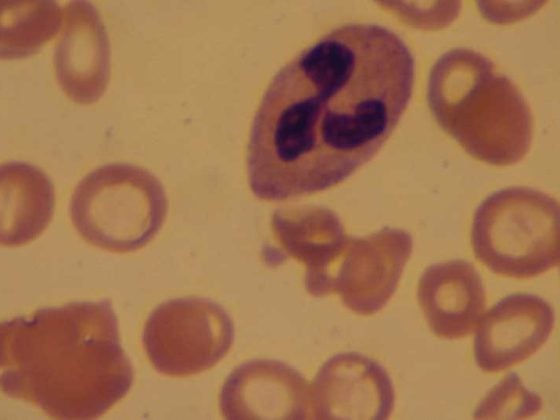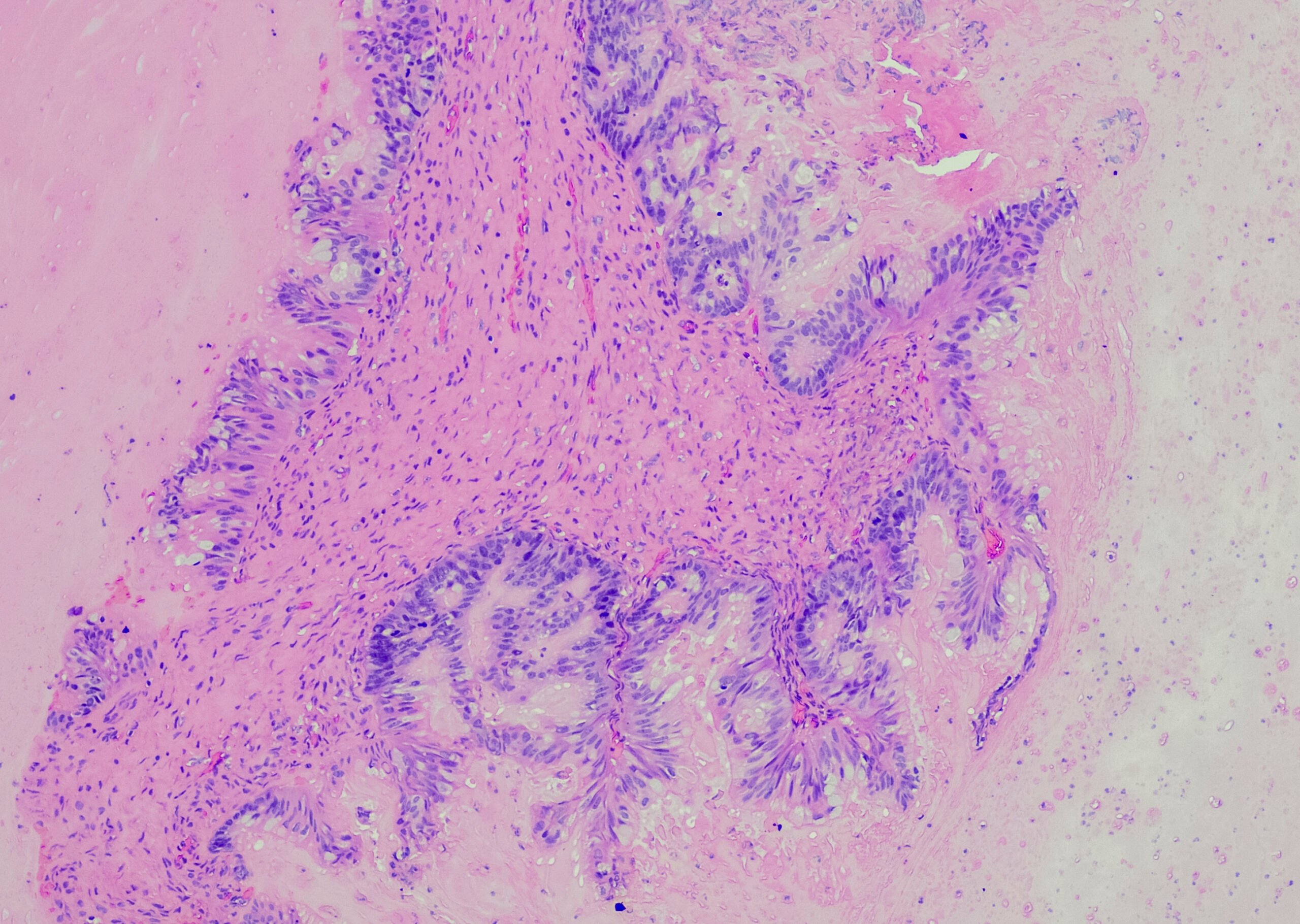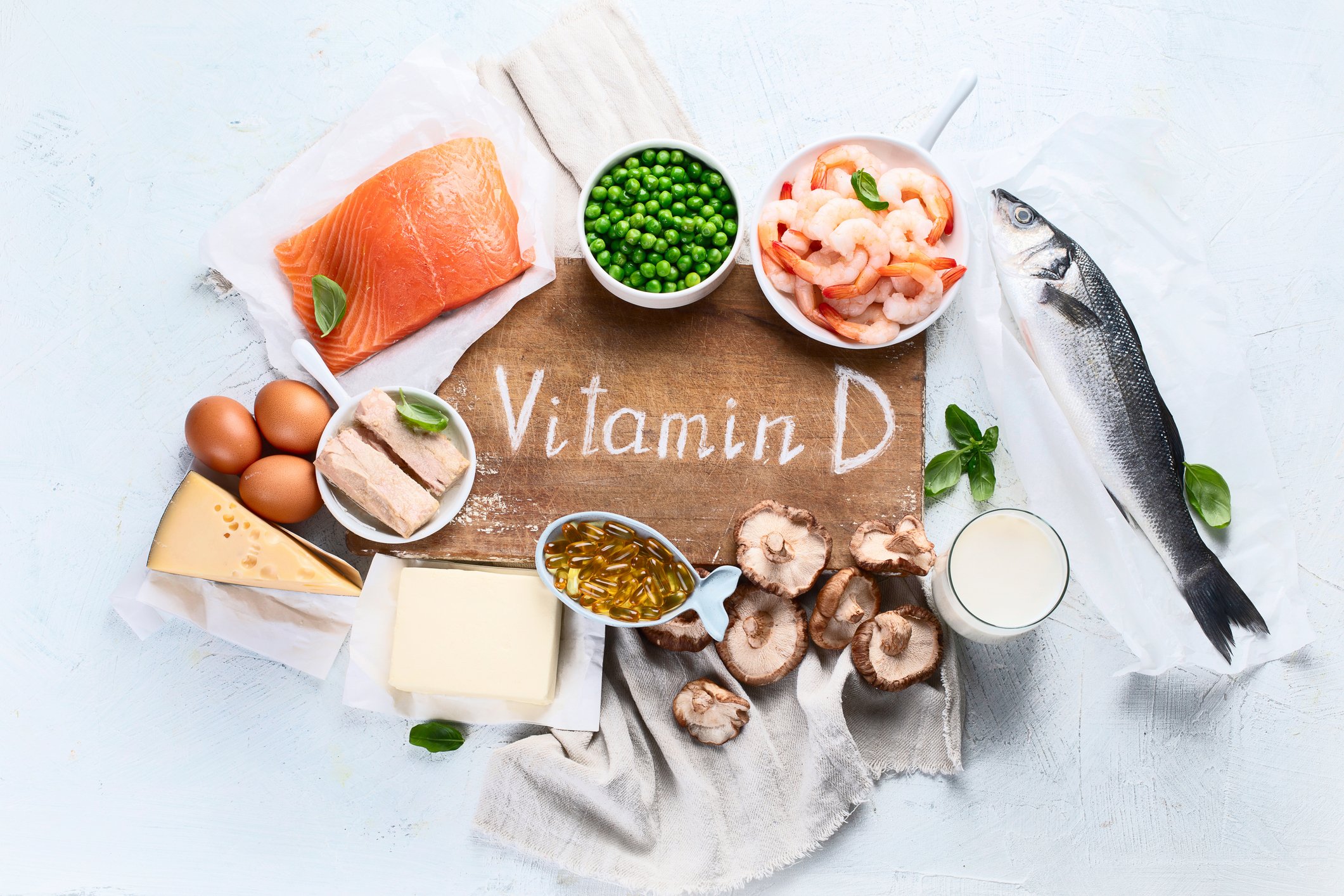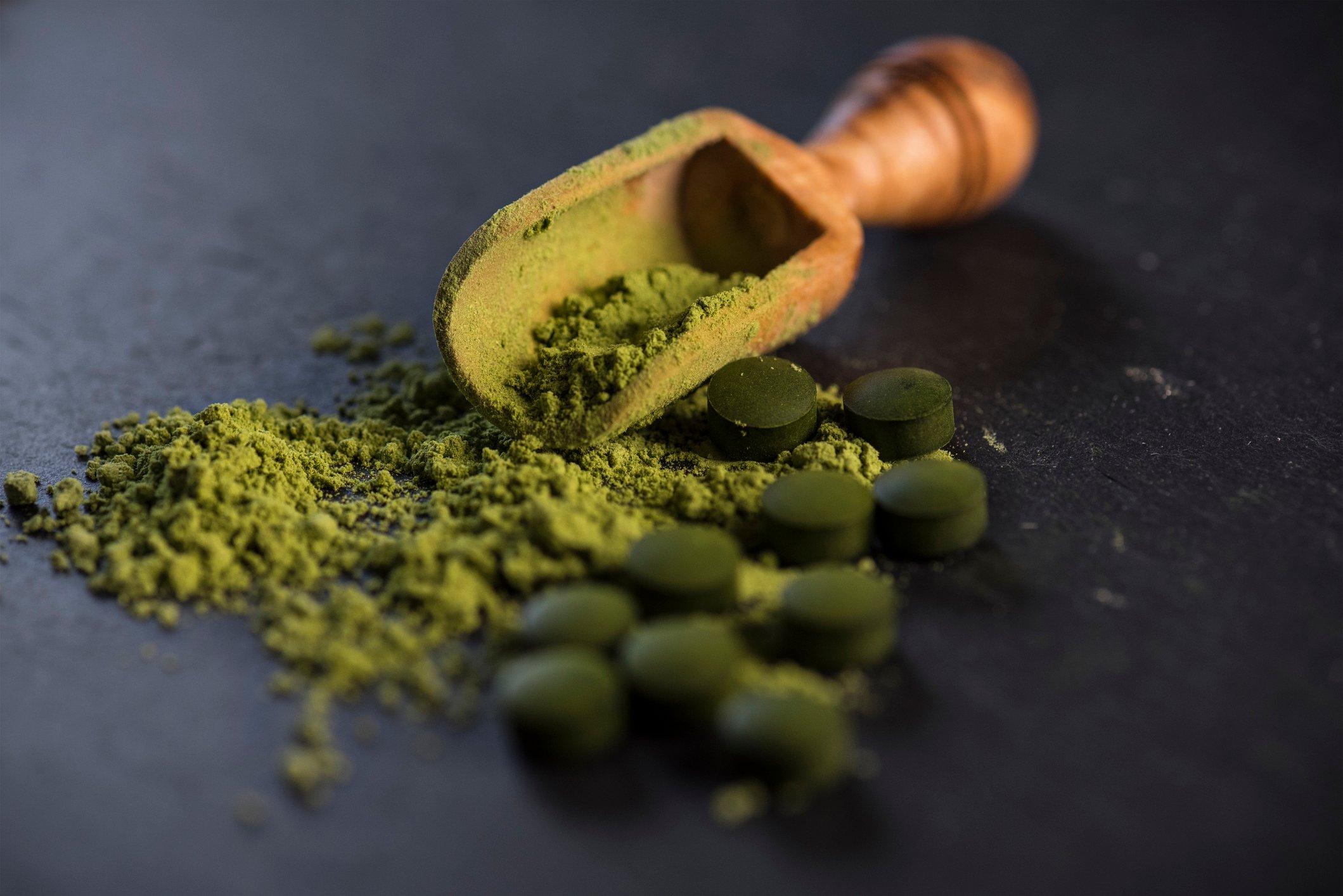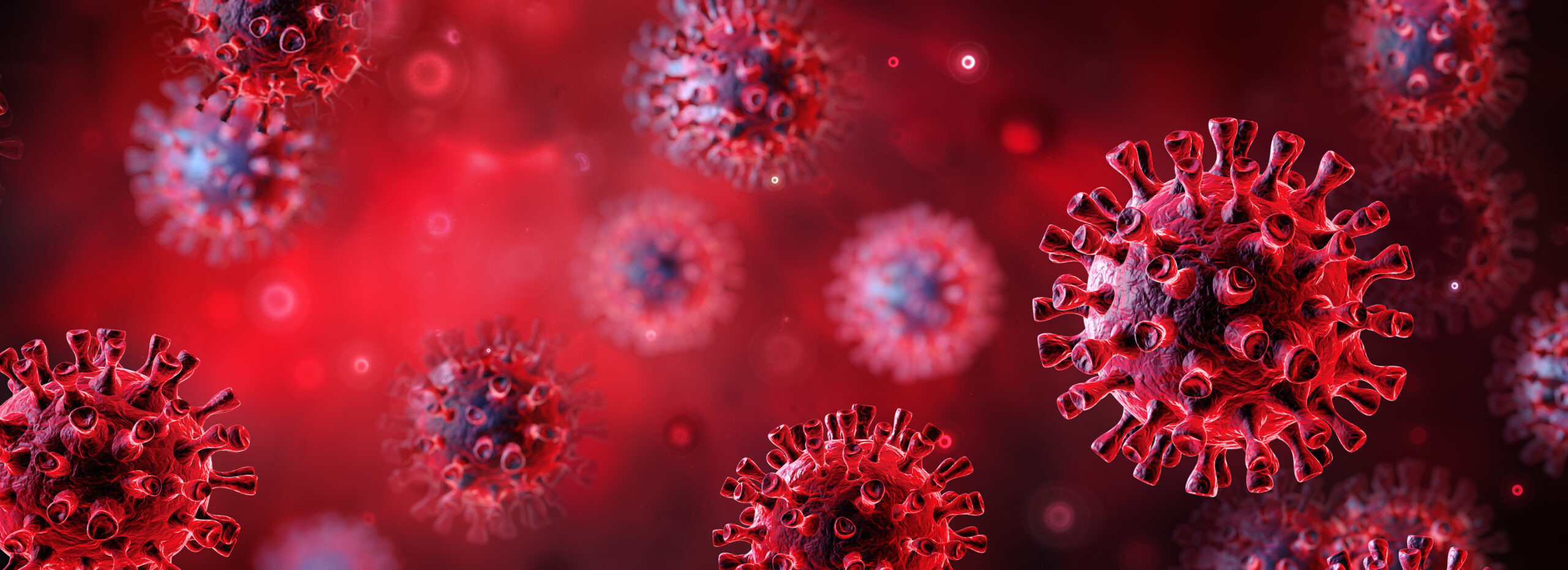Alginate is a polysaccharide obtained from marine algae. When it comes into contact with gastric acid, it forms a viscous gel within a few minutes that has an almost neutral pH. The change in pH leads to the formation ofCO2 via an added hydrogen carbonate. This embeds itself in the alginate gel and creates buoyancy, which ensures that the gel floats on the stomach contents. It thus forms a physical barrier that prevents reflux episodes.
Related Topics
You May Also Like
- Diabetes mellitus
Treatment of comorbidities in older people
- Artificial intelligence
Dr. ChatGPT: Large language models in everyday clinical practice
- Subtyping as the key to precision medicine
Molecular diversity of the PDAC
- Multiple sclerosis
Vitamin D as an adjuvant in multiple sclerosis: statistical success and clinical limitations
- From symptom to diagnosis
Abdominal pain – internal hernias
- Artificial intelligence for COPD
A new era of personalized treatment
- Multiple sclerosis
Spirulina as adjuvant therapy? Reduction of cytokines and inflammation
- IBD and SARS-CoV-2


